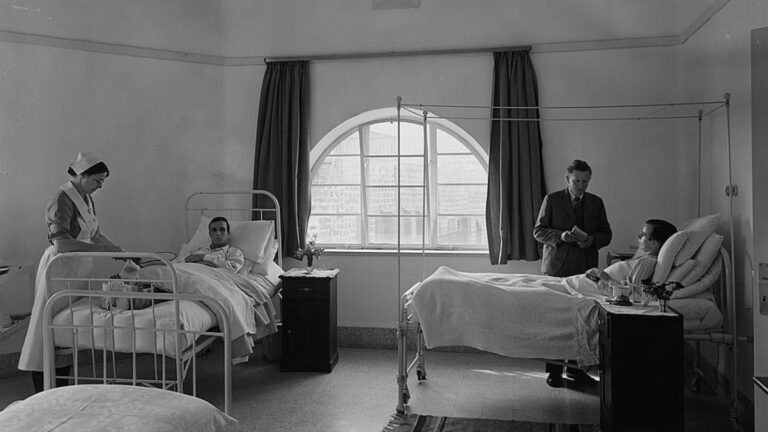It is the Jewish High Holiday season in Israel and the streets are eerily empty. This is not only due to the holidays but also because a significant portion of the population has high-tailed it out of the country for what will be an almost three-week long break that started with a long weekend on Thursday, September 6.
September is expected to continue to break record passenger traffic at Ben-Gurion International Airport with more than 2.2 million passengers on 14,000 international flights, a 15 percent increase in international passenger traffic compared to the same period last year.
Since the beginning of 2018, 15 million passengers on international flights have passed through Ben-Gurion Airport, an increase of 13% over last year.
September 6 will likely be recorded as an all-time high for outgoing traffic at Ben -Gurion. The Israel Airports Authority (IAA) readied itself for the September rush, warning travelers to check-in four hours before the scheduled departure time, translating to about three and a half hours of standing in various lines before boarding with barely any time for duty-free shopping. Even those travelers able to check-in online were advised to come extra early.
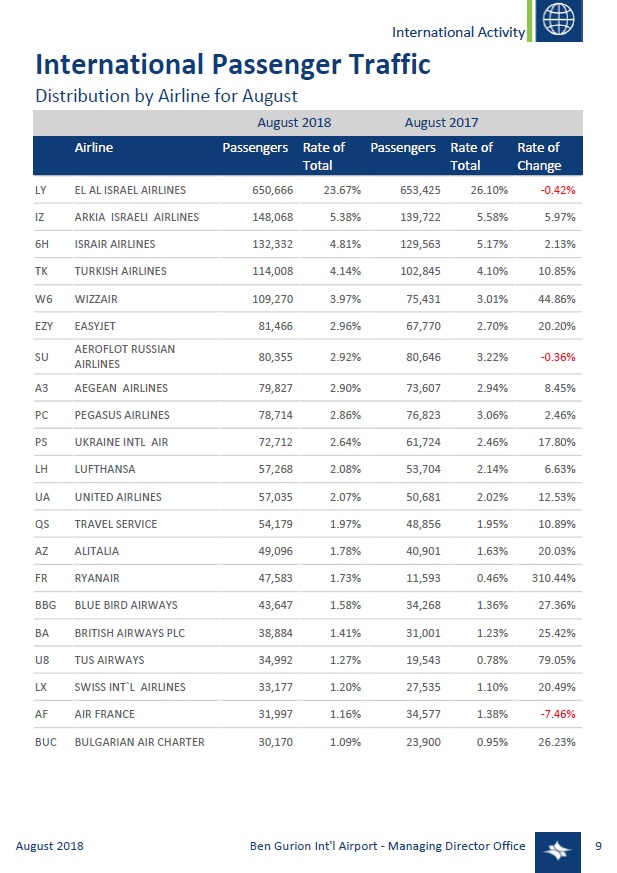
Why the exodus? For one thing, international air travel is more available and affordable than ever before, since Israel signed the Open Sky Agreement, enabling many low-cost airlines to enter the marketplace. According to the IAA, half the top 10 airlines operating in August were low-cost: Wizzair, EasyJet, Aeroflot Russian Airlines, Aegean Airlines, Pegasus Airlines and Ukrainian International Airlines.
This year, Greece – with sunny beaches, blue water and attractive package deals — was the top holiday destination for most Israelis, followed by Turkey, Ukraine, Italy and Russia.
Turkey made second place not as a final destination but as a transit point. Turkish Airlines operates many convenient flights from Tel Aviv to a wide range of destinations around the world.
Ukraine takes the number three spot bolstered by the annual High Holiday pilgrimage of the Breslov Hassidic sect to the town of Uman in Ukraine. Tens of thousands of followers gather for the Rosh Hashana “kibbutz,” a prayer service held at the grave of Rabbi Nachman of Breslov.
It wasn’t always like this. In fact, at one time, traveling abroad was quite frowned upon as unpatriotic; the province of the bourgeoisie.
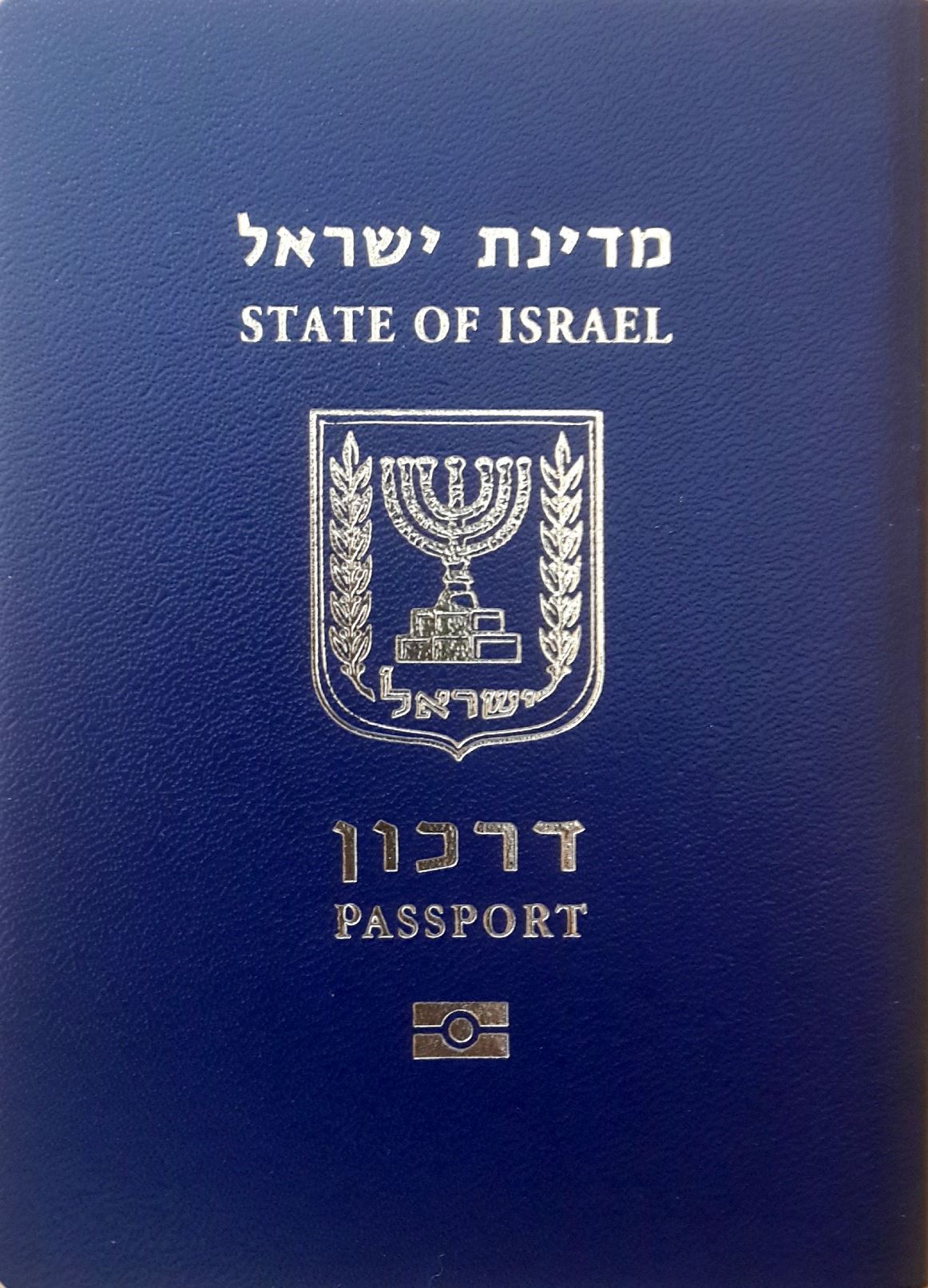
This attitude was summed up perfectly by the late, great humorist Ephraim Kishon, who chronicled the Israeli temperament so accurately and well, as in his story “The Travel Bug,” excerpted here:
“Israelis, they say, are more entitled to travel than other people. Firstly, one should remember that the greater part of our population was not born here, but voluntarily chose this country as their fatherland, so it is only natural that they should hark back to the old country now and then, to compare things and check whether their choice was a wise one.
“But the main cause for our urge to travel aboard is, beyond any doubt, the Government’s opposition to it.
“It is said that the frustrated Government’s secret agents are patrolling the tourist playgrounds of the world, leaving behind warning messages for Israeli traitors. Be that as it may, it is a fact that one of the Ionic columns on the Acropolis features an inscription engraved in well-formed Hebrew characters:
“Snob! Have you been to Tiberias yet?”
Which brings us to the topic of domestic tourism in Israel, which is also expected to peak in the coming weeks. Figures for September won’t be in until after the holidays but Central Bureau of Statistics data for the first seven months of 2018 show that hotel overnights by Israelis totaled 1.55 million in July, 7% more than in July 2017.
Compared to 2017, domestic travel spending is expected to grow by 4.1% in 2018 to ₪26.3 billion from ₪25.3 billion.
The majority of Israelis looking to vacation near to home still favor Eilat and the Dead Sea. And despite the threat of potential terror attacks, Israeli tourists are flocking to the Sinai Peninsula in Egypt for affordable vacations in accommodations ranging from luxury hotels to beach villages.




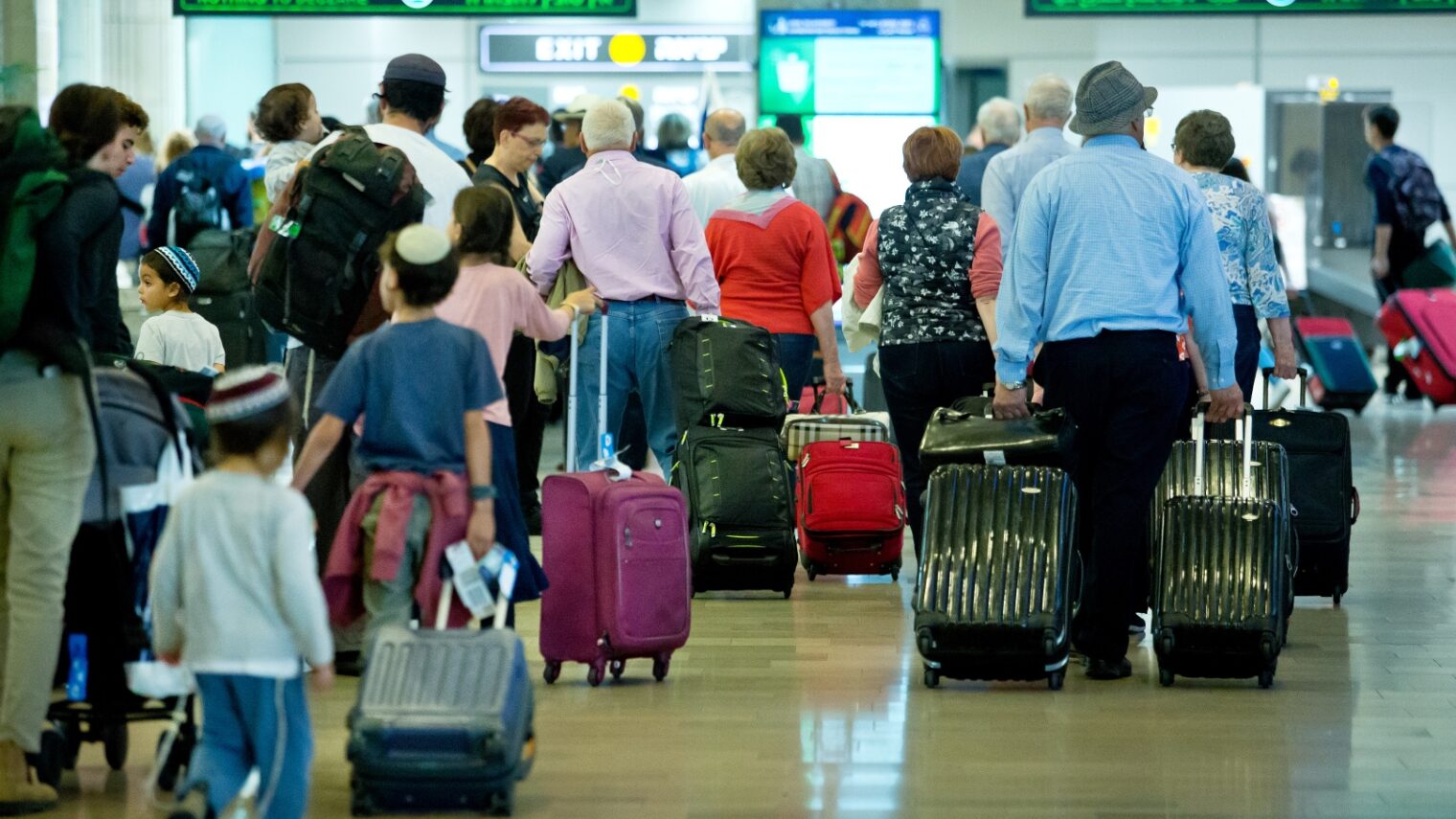










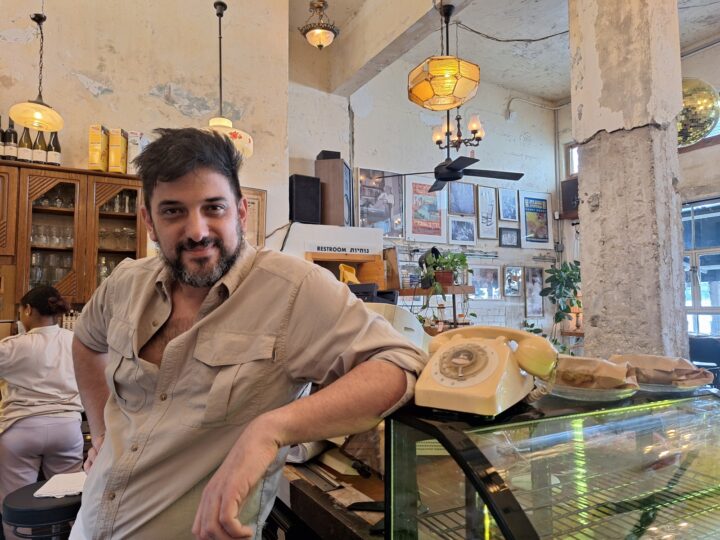
![Elections 1977 – Likud posters] In 1977, Menahem Begin led an election upset as Israel’s first non-Labor prime minister. Credit: GPO Elections 1977 – Likud posters] In 1977, Menahem Begin led an election upset as Israel’s first non-Labor prime minister. Credit: GPO](https://static.israel21c.org/www/uploads/2019/09/Elections_1977___Likud_posters_-_GPO-768x432.jpg)
